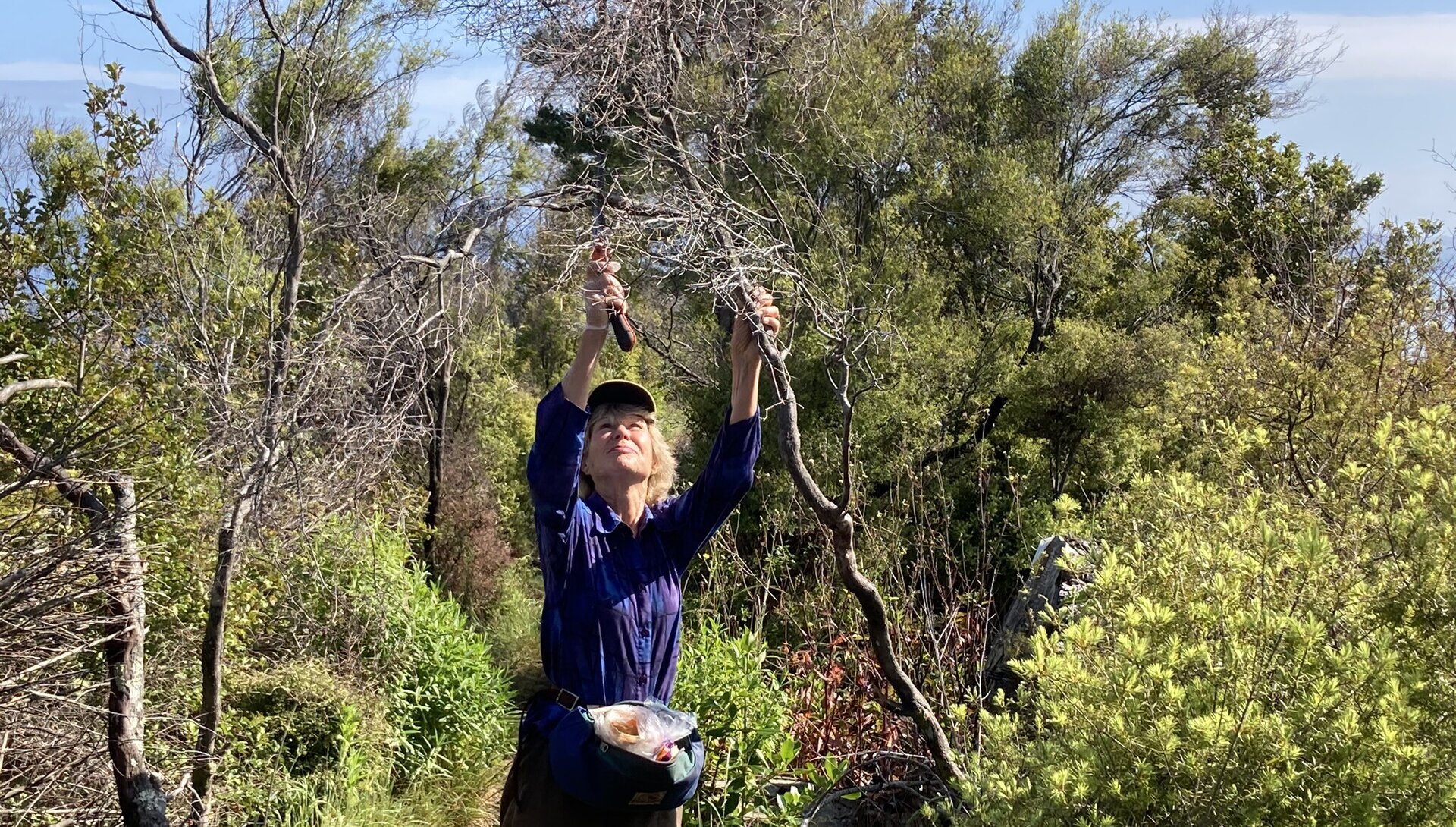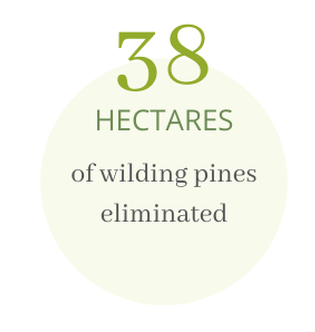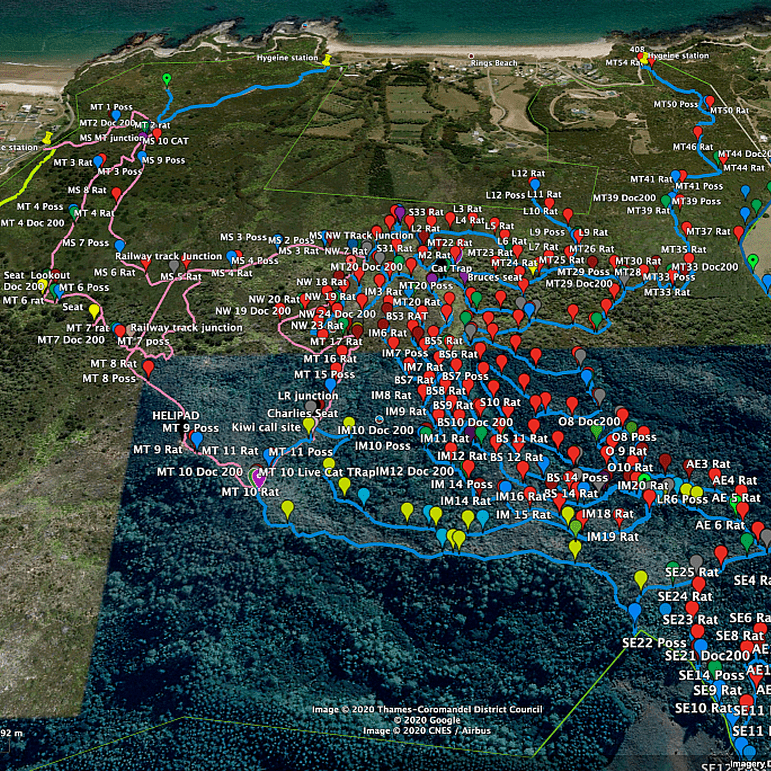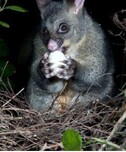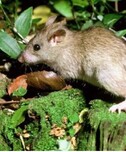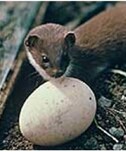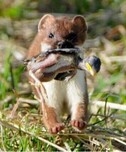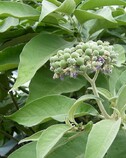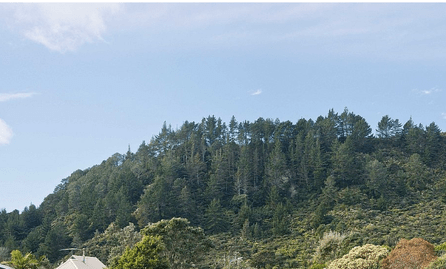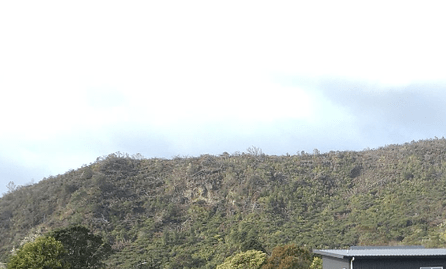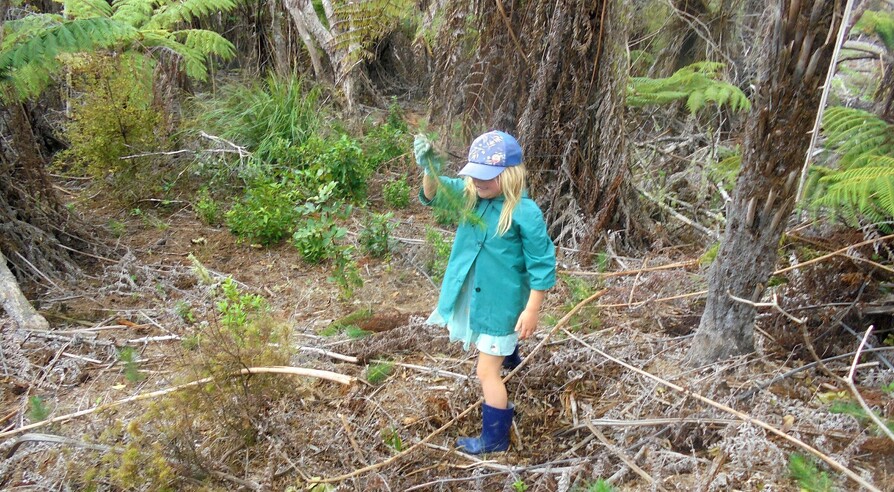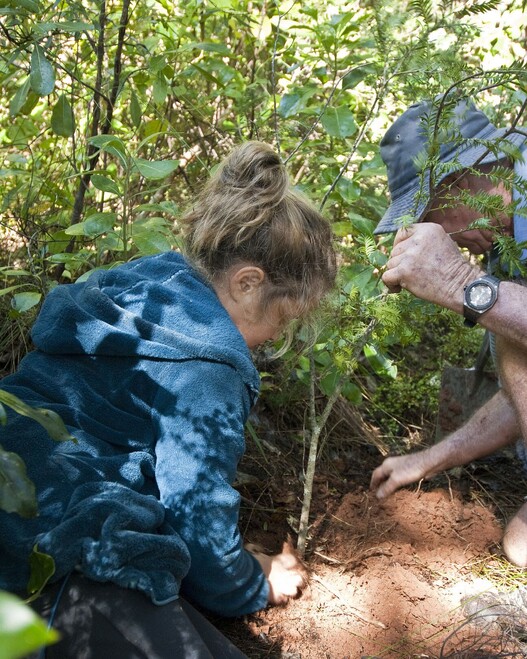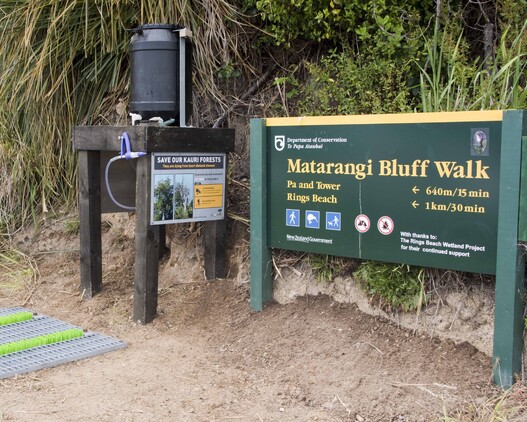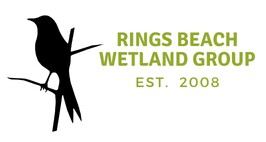Rings Beach Wetland Group volunteers spend thousands of hours each year in the bush
The primary activities of our volunteers are pest and weed control, with the network of traplines checked weekly and any noxious weeds also dealt to at the same time.
Our dedicated group has achieved incredible results for the flora and fauna in the reserve.
Our Achievements Last Year
Introduced predators have a major detrimental effect on our wildlife as they compete with our native species for food and habitat as well as targeting eggs and the young.
We focus on controlling possums, rats, mice, ferrets, stoats, weasels, hedgehogs and feral cats.
Since 2008 we have established a network of traplines throughout the reserve as shown on the map below. These traplines are checked and cleared weekly by a roster of volunteers.
To learn more about predators, check out the Department of Conservation’s excellent Guide to Animal Pests
Weed Control
There is a huge range of introduced plant species classed as weeds in our coastal environment.
The volunteer members of the Rings Beach Wetland Group continually battle to control a wide range of weeds, including those illustrated.
These weeds not only suffocate and destroy our native plant communities, but they also can provide hiding places for the very predators that we are trying to control in order to protect our native bird species.
Weeds can also carry diseases, alter the soil pH and use more water than native plant species.
To learn more about weeds, check out the Department of Conservation’s Guide to Weeds or the Weedbusters' Weed List page
Wilding Pines
Another challenging "weed" which causes a threat to the ongoing regeneration of the native bush is the wilding conifer. Wilding pinasta and radiata pines suffocate the growth of the native bush if they are allowed to mature, so the removal of the many hundreds of huge, old pinasta and radiata pine trees has been a vital piece of work in our long term mission to completely regenerate the native bush.
The Rings Beach Wetland Group has been fortunate to have received large grants from both the Department of Conservation and the Waikato Regional Council, as well as several substantial donations from members of the group, which enabled us to engage specialist contractors to remove these trees. The results of the felling on the growth of the native bush have been immediate, with significant regeneration of native plants occurring post pine removal.
Unfortunately natives are not the only plants which take advantage of the increased light, moisture and food afforded by the removal of the pine trees. The seeds of the fallen pine trees also seize the opportunity to burst into life and literally thousands of them continually sprout.
Our volunteers are experts in seeking out wilding pine seedlings and removing them on their weekly visits to the bush. It is vital that seedlings are removed before they get too large and difficult to handle.
Native Planting & Bush Regeneration
Bruce Smith and other members of the Rings Beach Wetland Group knew from early on in the project that a programme of native replanting was going to be vital in order to provide food sources for the returning birdlife.
In 2010, the planting programme began with Te Rerenga school pupils planting 80 cordyline and kowhai trees and 60 flaxes and sedge.
Each year with the help of school and community groups, the Rings Beach Wetland Group volunteers carried out winter plantings of a variety of natives that included wineberry, karamu, cordyline, toetoe, koromiko, karo, kohukohu, five finger, kowhai, and nikau.
A total of 4,134 trees were planted in the wetland and throughout the reserve between 2010 and 2017.
Collaborating with Kauri 2000
Kauri 2000 has been planting in the Matarangi Bluff Scenic Reserve since 2006. To date some 15,000 kauri have been planted in multiple sites across the reserve.
In recent years the threat of spread of kauri dieback has been a major concern. With DOC's assistance, hygiene stations have been installed at the three entrances to the reserve.
Given the large numbers of people now visiting and the presence of dieback in locations close by, the risk of spread of the pathogen is very real and we appreciate everyone's efforts to help keep the kauri in the reserve safe.
Ongoing Projects
The Rings Beach Wetland Group has many plans for the Matarangi Bluff Reserve to continue to improve the environment in the reserve and ensure the best outcomes for the native flora and fauna that live there.
New trapping tracks are planned around the perimeter of the reserve, to try to further minimise the number of predators which reach the wetland, and the current tracks (both trapping tracks and the walking tracks) must be constantly maintained.
We gratefully accept any donations large or small towards our ongoing projects. If you would like to contribute towards the future plans for the Matarangi Bluff Scenic Reserve see the different ways you can support us.
